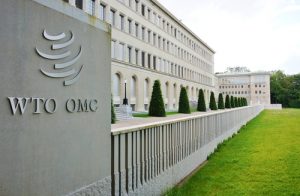 Government officials have confirmed they are monitoring China’s import policy changes and are joining industry associations in seeking clarification from Chinese authorities.
Government officials have confirmed they are monitoring China’s import policy changes and are joining industry associations in seeking clarification from Chinese authorities.

 Colin Staub was a reporter and associate editor at Resource Recycling until August 2025.
Colin Staub was a reporter and associate editor at Resource Recycling until August 2025. Government officials have confirmed they are monitoring China’s import policy changes and are joining industry associations in seeking clarification from Chinese authorities.
Government officials have confirmed they are monitoring China’s import policy changes and are joining industry associations in seeking clarification from Chinese authorities.
 China’s import policy changes are forcing U.S. recycling companies to seek adjustments to municipal contracts, stockpile materials and even landfill recyclables.
China’s import policy changes are forcing U.S. recycling companies to seek adjustments to municipal contracts, stockpile materials and even landfill recyclables.
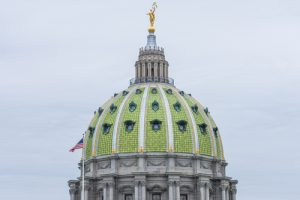 State recycling money is on the chopping block in Pennsylvania, the latest arena in which legislators look to draw from recycling support funds as a way to balance the state budget.
State recycling money is on the chopping block in Pennsylvania, the latest arena in which legislators look to draw from recycling support funds as a way to balance the state budget.
 A Canadian recycling company has been fined for violating a fair wage policy in Toronto and must pay back wages to hundreds of employees.
A Canadian recycling company has been fined for violating a fair wage policy in Toronto and must pay back wages to hundreds of employees.
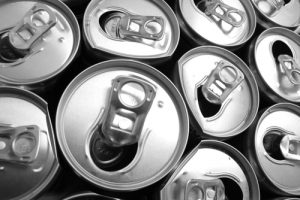 The world’s largest retailer underreported the number of containers it distributed over a three-year period in California, leading to $7.2 million in unpaid deposits to the state. The balance was paid in full late last year after it was revealed during an audit.
The world’s largest retailer underreported the number of containers it distributed over a three-year period in California, leading to $7.2 million in unpaid deposits to the state. The balance was paid in full late last year after it was revealed during an audit.
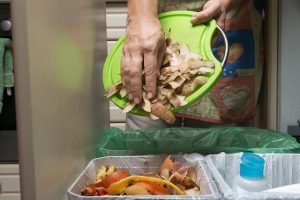 The Massachusetts Institute of Technology found that 40 percent of municipalities included in a research set have programs aimed at diversion of food material. And those cities are not all in regions considered hotbeds of environmentalism.
The Massachusetts Institute of Technology found that 40 percent of municipalities included in a research set have programs aimed at diversion of food material. And those cities are not all in regions considered hotbeds of environmentalism.
 A common complaint about China’s restriction on scrap materials imports is the lack of solid information about what exactly the upcoming ban will target. A Canadian plastics group is taking data-gathering into its own hands.
A common complaint about China’s restriction on scrap materials imports is the lack of solid information about what exactly the upcoming ban will target. A Canadian plastics group is taking data-gathering into its own hands.
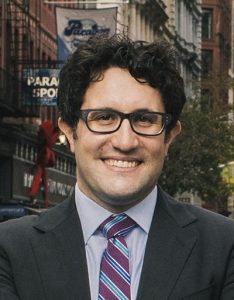
Rob Kaplan
In less than half a decade, the Closed Loop Fund has become a household name in the recycling industry, putting sizable capital behind a range of materials recovery initiatives. A leader from the investment effort recently put the fund’s path into perspective.
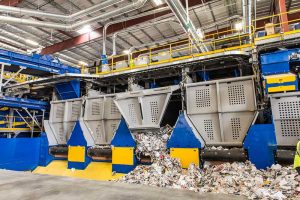 Republic Services has purchased recycling processor ReCommunity, a move that’s in line with Republic’s recently stated goal of adding more recycling capacity in the coming year.
Republic Services has purchased recycling processor ReCommunity, a move that’s in line with Republic’s recently stated goal of adding more recycling capacity in the coming year.
 Chinese authorities have released more specifics about which materials are likely to be affected by a proposed import ban on recovered materials. The action is expected to be implemented at the end of this year.
Chinese authorities have released more specifics about which materials are likely to be affected by a proposed import ban on recovered materials. The action is expected to be implemented at the end of this year.
